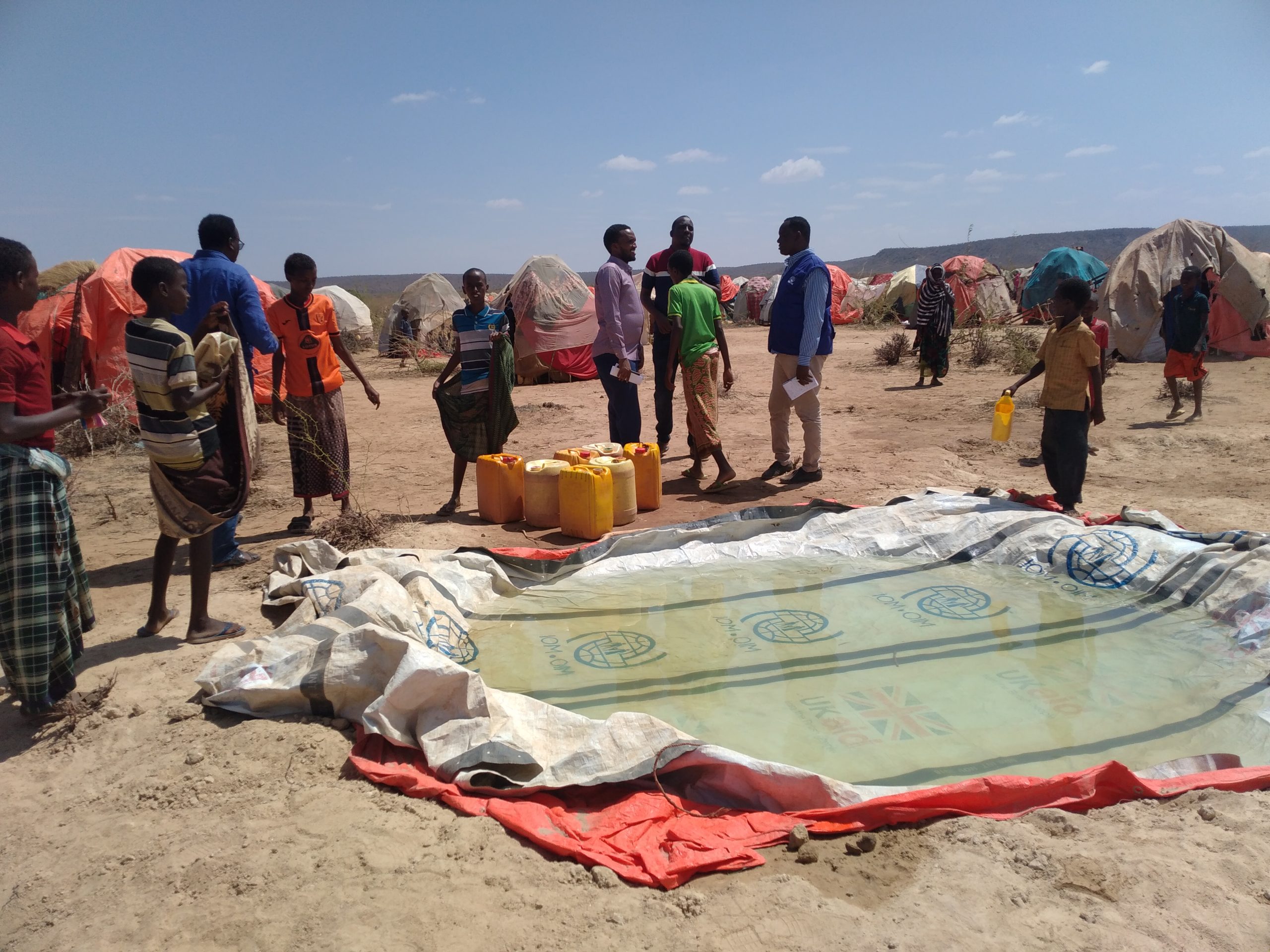About us
Horn of Africa Transformation and Development Initiative (HATDI), a non-political, non-profit, non-governmental (NGO) was founded in Somalia in January 2018 as a non-profit non-governmental humanitarian and development organization by intellectuals and professionals from community members. The purpose is to provide sustainable humanitarian and development intervention opportunities to support the most vulnerable communities both in the urban and rural areas of Somalia consequently they will have access to better education, adequate primary health care, and employment opportunities, respect the ideals of human rights, peace, good-governance and eventually improved sustainable community development.
The Horn of Africa Transformation and Development Initiative (HATDI) is currently headquartered in Somalia, where it has established strong partnerships with government institutions, civil society, and international development actors. From this base, HATDI implements programs that address peacebuilding, governance, civic education, health, livelihoods, and community resilience.
While Somalia remains the organization’s primary operational focus, HATDI is founded on a regional vision that recognizes the interconnected challenges and opportunities across the Horn of Africa. Issues such as conflict, displacement, climate shocks, governance, and cross-border trade affect communities beyond national boundaries. HATDI therefore positions itself as a regional actor committed to contributing to stability, inclusive governance, and sustainable development across the Horn of Africa.
By maintaining a strong operational base in Somalia while advancing a regional outlook, HATDI demonstrates both practical experience on the ground and a forward-looking strategy to address shared development priorities across the Horn of Africa.
This dual approach of local implementation with a regional outlook enables HATDI to:
- Strengthen evidence-based programming that reflects regional dynamics.
- Build partnerships with organizations and networks across the Horn of Africa and globally.
- Align with regional frameworks and strategies promoted by IGAD, AU, UN and development partners.
- Scale successful interventions from Somalia to neighboring countries facing similar challenges.
HATDI’s humanitarian and development intervention programs are holistic, people-centered, community-based and sustainable. Therefore, sustainable livelihoods approaches are adopted for all HATDI strategic and short-term program focus in Somalia.
vulnerable community challenges and needs HATDI corresponds to the already existing international and national humanitarian and development strategies currently ongoing.
The organization puts into operation participatory approaches, strategic planning and community mobilization to find solutions to community problems. It offers a range of programming and support in: Emergency humanitarian Response, Food Security and Livelihoods, Health, Formal Education, WASH, Youth Capacity Development Programs, Micro-Enterprise Development, and three Cross Cutting Issues: Peace Building and Reconciliation, Gender, and Gender Based Violence (GBV) and HIV AIDs.

- Our mission
- Our vision
- Core Values & Principles
Improved and sustaining livelihoods, wellbeing and co-existence of vulnerable communities in Horn of Africa and those living in cross border areas of Somalia, Ethiopia and Kenya through environmentally sound interventions while focusing on equity, good governance, justice, democracy and human rights.
HATDI strives to ultimately see a stable and economical strong Horn of Africa society living in harmony and people respect the ideals of peace, good governance, rule of law, human rights and sustainable resource management.
- Respects the unique and inherent worth of all individuals.
- Moral and ethical integrity.
- People-centered development.
- Fairness and equity.
- Good governance.
- Honesty, transparency and accountability to stakeholders.
- independence
- Communication and collaboration.
- Environmentally conscious.
- Community managed sustainable and impact-oriented development.
- Solidarity with the poor.
